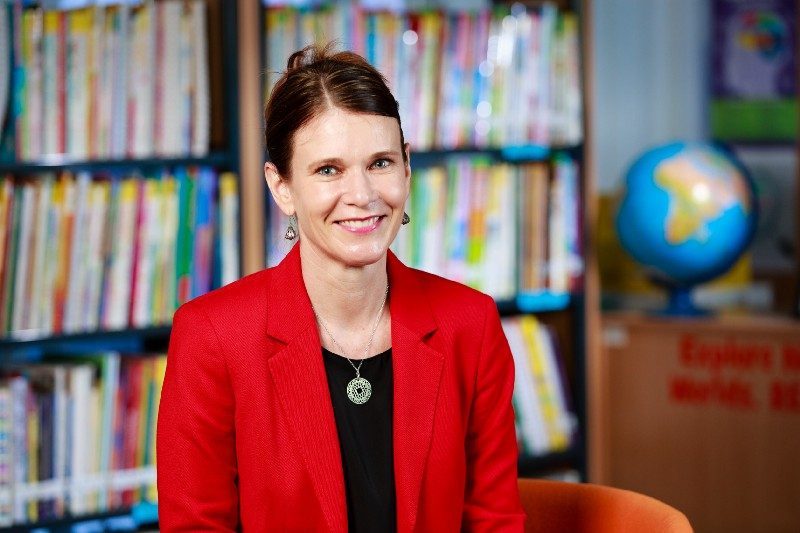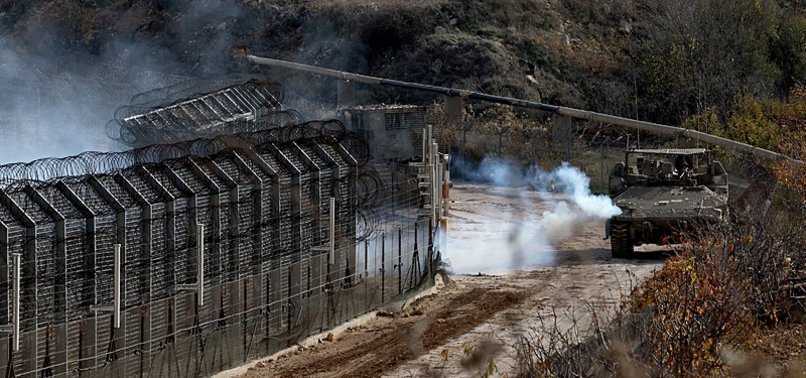By Sahar ElKabbash and Sara Abadi
Qatar’s education sector has been forced to make radical changes since the COVID-19 pandemic began, completely overhauling the way education is delivered.
On March 10, 2020, Qatar’s Ministry of Education and Higher Education announced the closure of all educational institutions as a way to contain the spread of the COVID-19 virus. This meant lessons and school activities would now have to take place online, instead of in the classroom.
The transition to virtual learning has not been easy; especially for younger students, who rely heavily on direct interaction with teachers and peers.
“My workload probably tripled”
Tablets, smartboards, videos, and online submissions have been part of students’ day-to-day school life for some years in Qatar, so online learning wasn’t an entirely foreign concept. This helped smooth the transition, but some parents have still struggled to keep up with their children’s lessons. Teachers have also had to increase the amount of time and effort they spend preparing classes.
Sarah Dugan, a learning support teacher at Qatar Academy Sidra says:
“My workload probably tripled once we moved into an online learning situation, mostly because of the way we support students at the moment. You can’t always plan for every single need a student might have.”
Sarah has had to vastly increase the amount of work she does to deliver the same content. She has to provide new kinds of support to each student, especially the younger ones, and make sure they are not just sitting in front of a screen the whole day. Not only that but teachers also have to make up for lack of direct interaction and keep the students engaged without the use of in-school facilities like classrooms, playgrounds and equipment.

No reduction in school fees
Moving to virtual education meant no cultural events or sports activities, less water and electricity consumption, and fewer expenses overall. Nonetheless, there have been no changes in school fees, which has driven parents to question where their money goes.
Doha News spoke to ACS Doha’s Deputy Head of School, Caroline Rennie, who told us all fees are being repurposed into making virtual learning as effective, interactive, and intimate as possible. Caroline stated that the school has not cut down the capacity of their teachers and staff, nor have they reduced salaries. Moreover, new licences for software and programs have been bought as a part of the online curriculum.
Caroline says:
“We were very transparent with our community. We gave refunds on buses and after-school activities but in order to provide the same quality of education, there was no reduction in fees. Our families weren’t asking us for refunds — they were asking us to ensure that they still got the services that they had invested in.”
In addition to existing costs, the school provided iPads, electronic devices and training for all students to ensure everyone had equal access to digital resources. They also organised workshops for teachers, students and parents before the lockdown to prepare them for transitioning into online education. ACS has been adapting concepts from different schools in Asia and the United States in a way that fits their own community in Qatar.
ACS is currently working on their new campus for the upcoming school year. When designing the campus, the school took into account the possibility of a complete or partial return of students after the pandemic. There are more open spaces where students can interact safely while social distancing.

The impact on early years
While many schools have been able to continue with learning for older children, early years learning centres and nurseries have been completely shut down. Kimberley Sheedy, CEO/Managing Partner of the Starfish Lane Kids chain of nurseries, explains why this has been a problem for her students:
“Early education is where children learn their motor skills, independence, cognitive skills and so on. It is absolutely vital to their future education and well-being.”
As Starfish Lane nurseries have all been closed since mid-March, Kimberley has not been charging parents fees. However, she has had to pay rent and electricity costs as usual. She has also continued paying many of her staff, albeit at reduced pay. According to her, the transparency in her communication with the staff and parents has been very successful.
“The most important thing to me was my staff,” says Kimberley. “Ninety people and their families rely on me. I’ve had to let staff go and put some on minimum salaries, but in a situation like this, you have to be transparent. You can’t sugarcoat anything.”
Despite the nurseries being closed, Kimberley told Doha News that her staff has been in constant contact with children and their parents to provide interactive sessions and videos online.
Not all schools are as resourceful as ACS and not all students are as privileged. Many parents have been struggling to pay tuition fees, having lost their jobs or had their salaries cut. Those unable to pay have been denied their children’s certificates. Even those able to pay school fees as normal have seen a decline in the quality of education provided since lockdown.
The big question now that summer term has ended concerns the new academic year. Will we see a gradual return to normal learning in schools after Qatar’s phased lifting of lockdown restrictions, or should families expect another semester of virtual learning?







